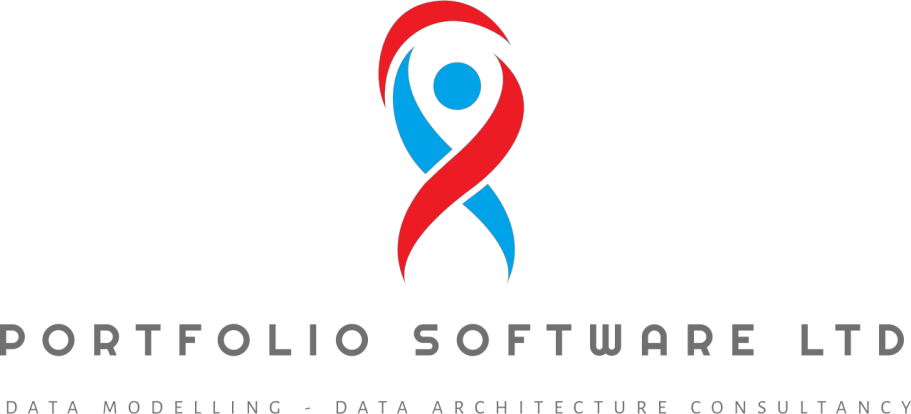
Building an Accountable Data Governance Framework: Roles, Responsibilities, and Essential Policies
Introduction
The importance of a structured and accountable data governance framework cannot be overstated. Effective data governance ensures that data across the organisation is accurate, secure, and used responsibly, supporting informed decision-making and compliance with regulatory standards. At the heart of this framework is accountability, which ensures that roles and responsibilities are clearly defined, communicated, and adhered to, establishing a culture of ethical data management and utilisation.
The Role of Accountability in Data Governance
Accountability within a data governance framework ensures that every individual involved in the handling of data, from senior management to frontline staff, understands their responsibilities and is answerable for their actions regarding data management. This accountability is essential for fostering a culture of trust, integrity, and transparency in data handling, which in turn supports compliance, operational efficiency, and strategic decision-making.
Structuring Roles and Responsibilities
A comprehensive data governance framework includes several key roles, each with defined responsibilities and a clear accountability framework.
Data Governance Board (DGB)
Accountability: The DGB is accountable to stakeholders for ensuring that data governance policies align with organisational strategies and comply with legal and regulatory frameworks.
Roles and Responsibilities: The board sets the direction for data governance, approves policies, and addresses high-level challenges, ensuring the data governance strategy's effectiveness and adaptability.
Chief Data Officer (CDO)
Accountability: The CDO is responsible for the organisation's overall data governance and strategy, ensuring that data is managed as a valuable resource.
Roles and Responsibilities: This role involves leading the development and implementation of data governance policies and practices, aligning data initiatives with business objectives, and reporting on governance to the DGB and stakeholders.
Data Stewards
Accountability: Data Stewards are accountable for managing, the quality, and integrity of data within their domains, ensuring adherence to governance policies.
Roles and Responsibilities: Their duties include defining data usage rules, overseeing data quality and security, and communicating with stakeholders about governance activities.
Data Custodians
Accountability: Custodians are responsible for the technical management of data, ensuring the secure storage and access of data in line with governance policies.
Roles and Responsibilities: They implement data security measures, manage access controls, and ensure the technical infrastructure supports governance goals.
Data Users
Accountability: Users must adhere to data governance policies in their daily activities, using data ethically and securely.
Roles and Responsibilities: Understanding and complying with data handling policies and contributing to the organisation's objectives by using data responsibly are key responsibilities.
Essential Data Governance Policies
A robust data governance framework is underpinned by a suite of policies that guide the organisation's data management practices:
Data Quality Policy
Outlines standards for data accuracy and processes for data quality improvement, specifying roles in managing data quality.
Data Security Policy
Provides a framework for data protection against unauthorised access and breaches, including encryption standards and access controls.
Data Privacy Policy
Details the ethical handling of personal data, ensuring compliance with privacy regulations and outlining data subject rights.
Data Access Policy
Defines criteria for data access, ensuring data is available to authorised users in a secure manner.
Data Retention and Disposal Policy
Specifies how long data is retained and the processes for its secure disposal or anonymisation.
Data Sharing and Distribution Policy
Governs the secure sharing of data within and outside the organisation, including conditions and methods for data transfer.
Policy Management Policy
Outlines the process for creating, reviewing, and updating data governance policies, ensuring they remain effective and relevant.
Conclusion
The integration of accountability and comprehensive policies into a data governance framework is crucial for the ethical, efficient, and effective management of data. By clearly defining roles, responsibilities, and policies, organisations can ensure compliance, enhance decision-making, and build trust among stakeholders, leveraging data as a strategic asset.
©Copyright 2003. All rights reserved.
We need your consent to load the translations
We use a third-party service to translate the website content that may collect data about your activity. Please review the details and accept the service to view the translations.
